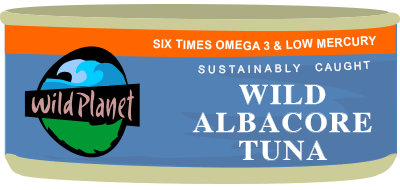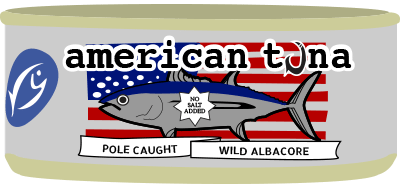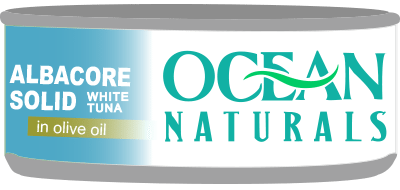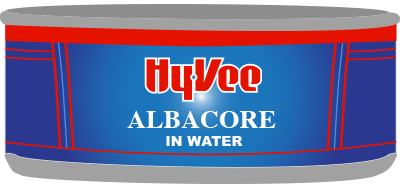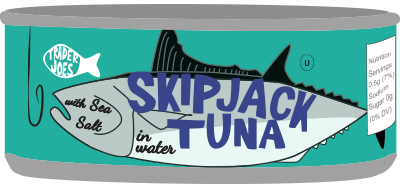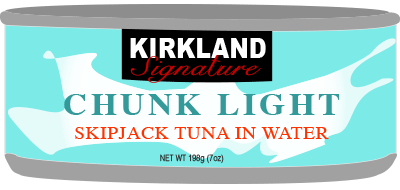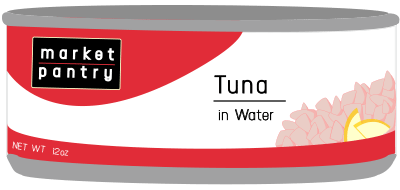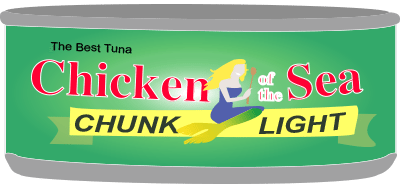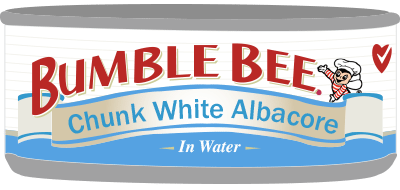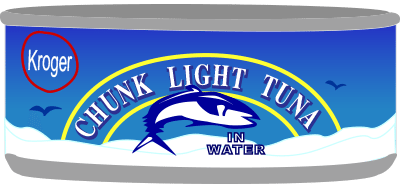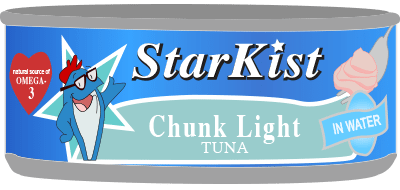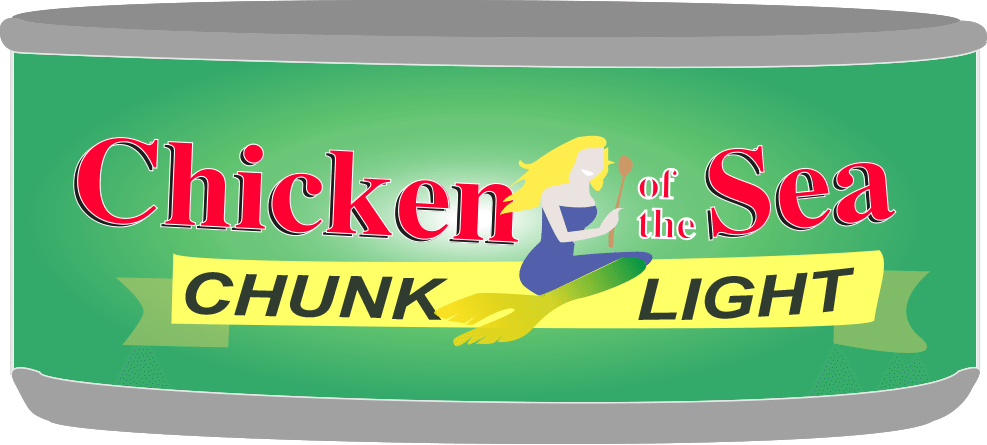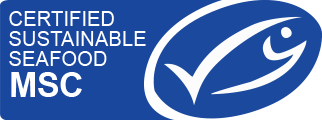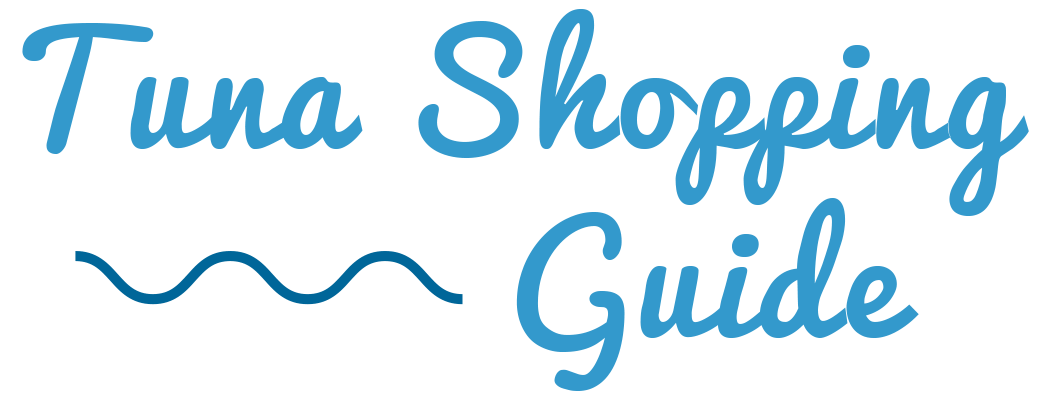
Tuna Shopping Guide
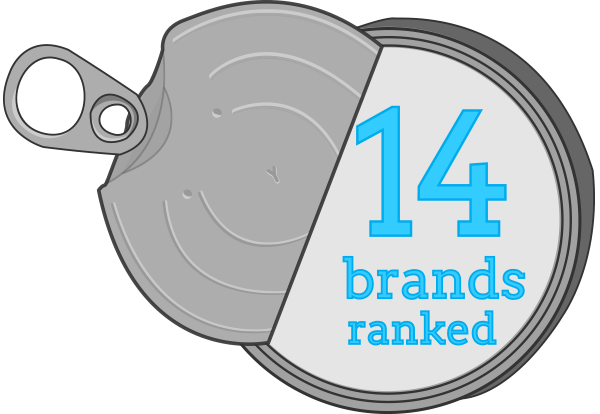
How does your can stack up?
If you’re going to buy tuna, make sure to choose a sustainable and ethical option.
We’ve ranked 14 well-known canned tuna brands that can be found in grocery stores across the country based on how sustainable, ethical and fair their tuna products are for our oceans — and for the workers that help get the products to store shelves.
If you’re going to buy tuna, make sure to choose a sustainable and ethical option.
